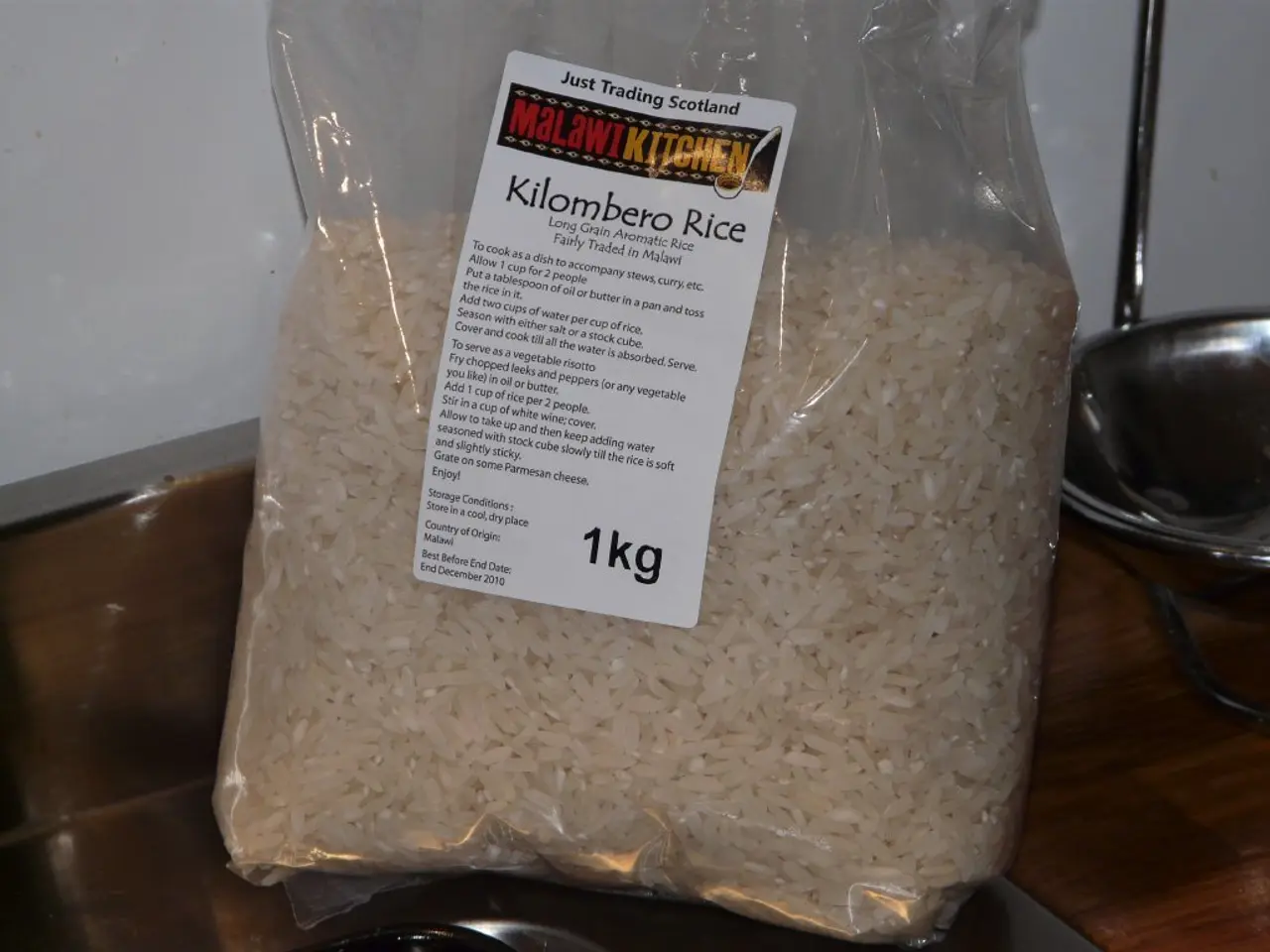Potential Easing of Non-Basmati Rice Export Restrictions: Pralhad Joshi Announces Possible Adjustments
India, a significant global rice producer and exporter, has been considering a potential relaxation of its non-basmati rice export ban, as hinted by Union Minister Pralhad Joshi. This move could have far-reaching consequences for the agricultural sector, global rice markets, and trade policies.
If the export ban is lifted, India is expected to export a record volume of rice, potentially reaching 24 million tonnes in 2025–26. This increase in exports could stabilize domestic prices, improving the income of Indian farmers and contributing to the growth of the agricultural sector.
India, being a major supplier of non-basmati rice, relaxing export restrictions could influence international rice supply and prices. This could benefit importers but potentially affect global market dynamics. The government, aware of these implications, is prepared to reassess the situation as conditions change.
The move might be connected with India’s efforts to enhance trade, including under agreements like the India-US ‘Mission 500’, aiming to balance trade by increasing export competitivity and reducing trade barriers. However, the government must carefully evaluate these factors and take necessary measures to prevent undesirable outcomes from lifting the ban.
To prevent negative effects on small and marginal farmers, targeted support may be necessary to help them access the market. The boycott has disrupted the global rice market, causing a shortage among buyers and allowing competitors like Vietnam and Thailand to fill the void. The government may need to implement strategies like quota-based exports or monitoring systems to ensure a steady supply of rice for domestic consumption.
Exporters in India may re-establish connections with global buyers, regaining lost business opportunities. By resuming exports, India would continue to play a vital role in meeting global rice demands, particularly in regions that heavily depend on imports.
Moreover, the relaxation of the ban could have broader implications for the global rice market, potentially leading to increased competition and price fluctuations. India could maintain its status as a major rice exporter, preserving its reputation as a crucial supplier in the global market.
As of September 23, 2024, the current date, the decision regarding the relaxation of the export ban is yet to be made. However, the potential benefits for Indian farmers and exporters, as well as the impact on global rice markets, make this a significant development to watch.
Amidst the potential relaxation of India's non-basmati rice export ban, there could be an impact on sports events sponsored by rice importers, as they might need to consider alternative sources due to rising prices. Additionally, good weather conditions in India, favorable for rice production, could help meet the increased global demand following the possible export increase.







